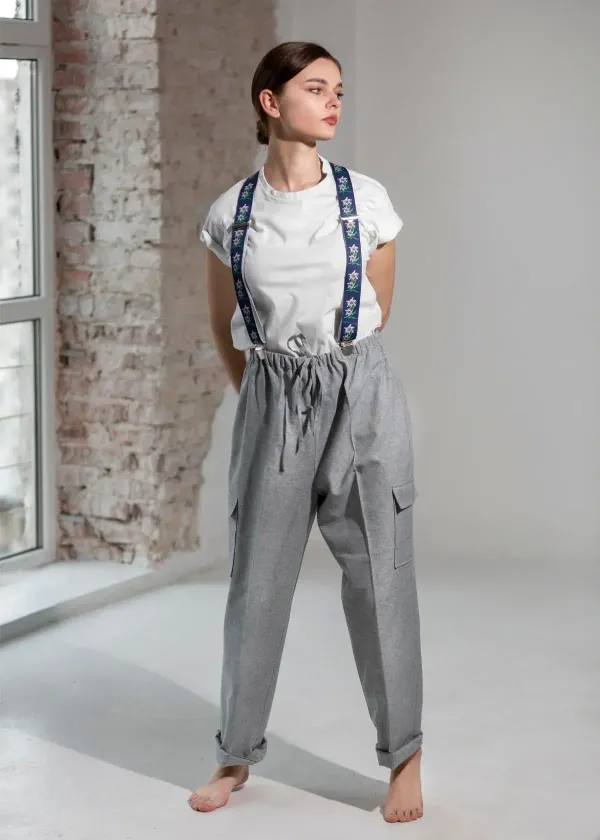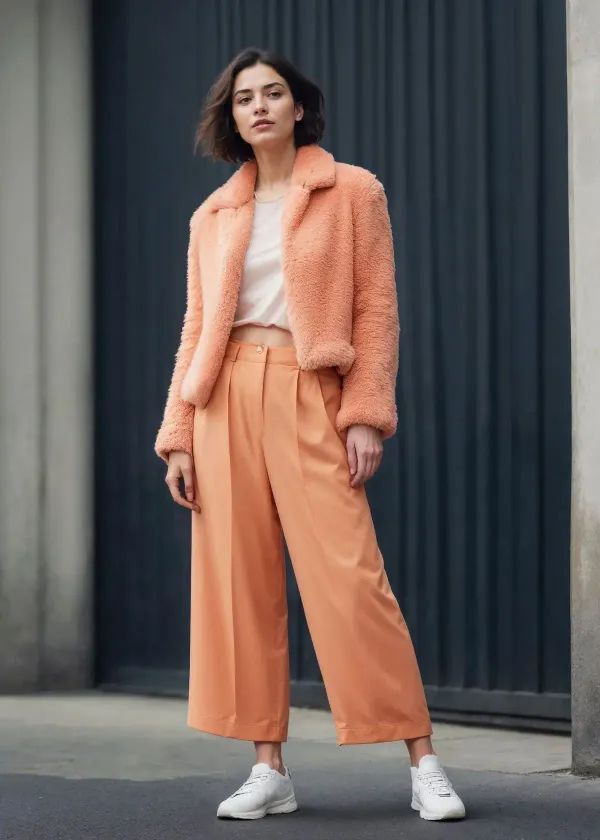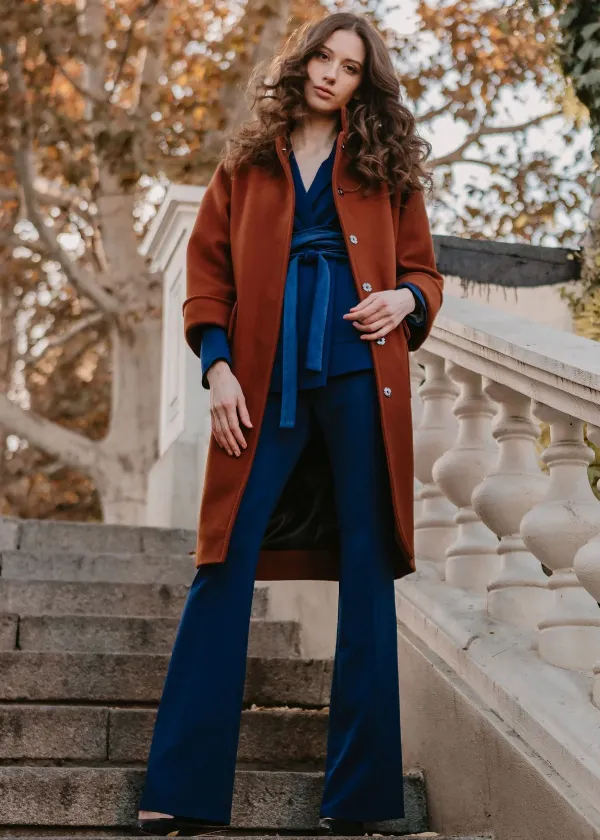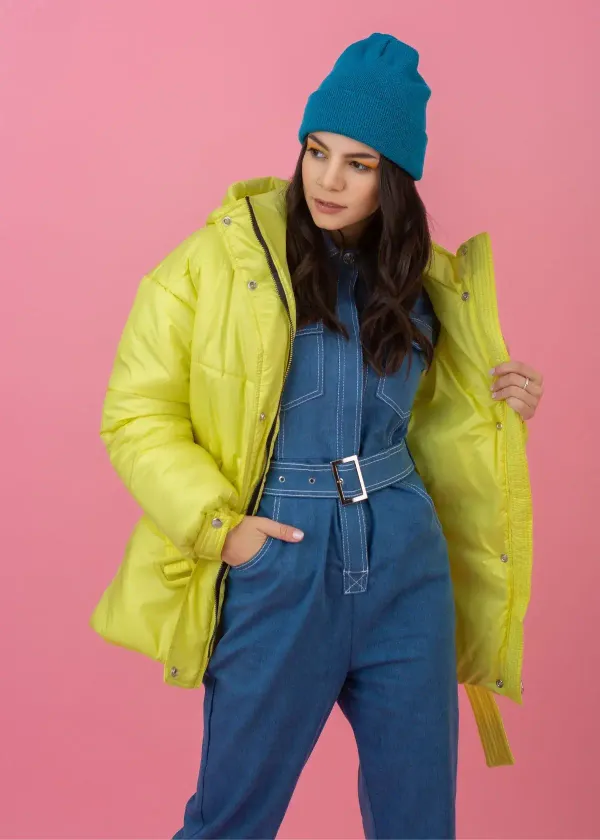Sunglasses are a fashion accessory and a protection for your eyes from the sun's harmful UV rays. While buying sunglasses, ensuring they offer at least 99% UV protection is essential. But why settle for 99% when you can get 100%? This post will discuss how you can identify sunglasses with 100% UV protection.
Check for a UV protection label
When buying sunglasses, check for a label detailing the UV protection level. These labels can be found on the tag of the sunglasses or the glasses itself. If the sunglasses offer 100% UV protection, it will be specified on the label. Avoid sunglasses with labels that do not specify the level of UV protection.
Look for sunglasses that block both UVA and UVB radiation
The sun emits two kinds of UV rays – UVA and UVB. Both UVA and UVB rays can cause severe damage to the eyes, including cataracts, macular degeneration, and even skin cancer. While buying sunglasses, make sure to choose ones that block both UVA and UVB radiation. Sunglasses that only block one kind of UV rays will not offer complete protection.
Choose polarized lenses
Polarized lenses prevent glare from bright surfaces like water, snow, or reflective surfaces. These lenses are great for driving, water sports, and skiing and can provide other protection from UV rays. Polarized lenses do not inherently provide UV protection, but many polarized lenses come with added UV-blocking technology.
Consider the size and coverage of the sunglasses
The size and coverage of the sunglasses also play a vital role in determining their ability to offer UV protection. The larger the lens, the more it will block out the UV rays. Wraparound sunglasses, or those that fit close to the face, will provide more coverage and reduce UV radiation entering your eyes.
Invest in quality sunglasses
Cheap sunglasses might look good, but they often need more essential features like UV protection, polarized lenses, and quality materials. Investing in good sunglasses means they will last longer and provide better eye protection. Higher quality sunglasses often have better lenses, sturdier frames, and fit better, making them a better investment in the long run.
Protecting your eyes from UV rays is essential, no matter where you live or what you do. When choosing sunglasses, follow these tips to ensure you get sunglasses that offer 100% UV protection. Remember to check the labels, look for sunglasses that block both UVA and UVB radiation, choose polarized lenses, consider the size and coverage of the sunglasses, and invest in quality sunglasses. Wearing sunglasses that offer complete protection will protect your eyes from harmful UV rays and make you look stylish. So, wear your sunglasses with pride and stay safe!
Are you looking for a new pair of stylish shades to add to your collection? We've done the research and found the hottest popular sunglasses for women. From classic shapes to trendy colors, we've got you covered. But don't take our word for it; follow the link and discover your new favorite pair of popular sunglasses for women today! With so many options, you will surely find the perfect pair to elevate any outfit and protect your eyes from the sun's harmful rays.
What materials are commonly used for sunglass frames for women with allergies?
Sunglass frames designed for women with allergies often prioritize hypoallergenic materials. Standard options include titanium, stainless steel, and acetate. Titanium and stainless steel frames are favored for their non-reactive properties, making them excellent choices for those with sensitive skin. Acetate, a hypoallergenic plastic, is also famous for its lightweight and durable characteristics. Some frames even feature adjustable nose pads to minimize skin contact and enhance comfort.
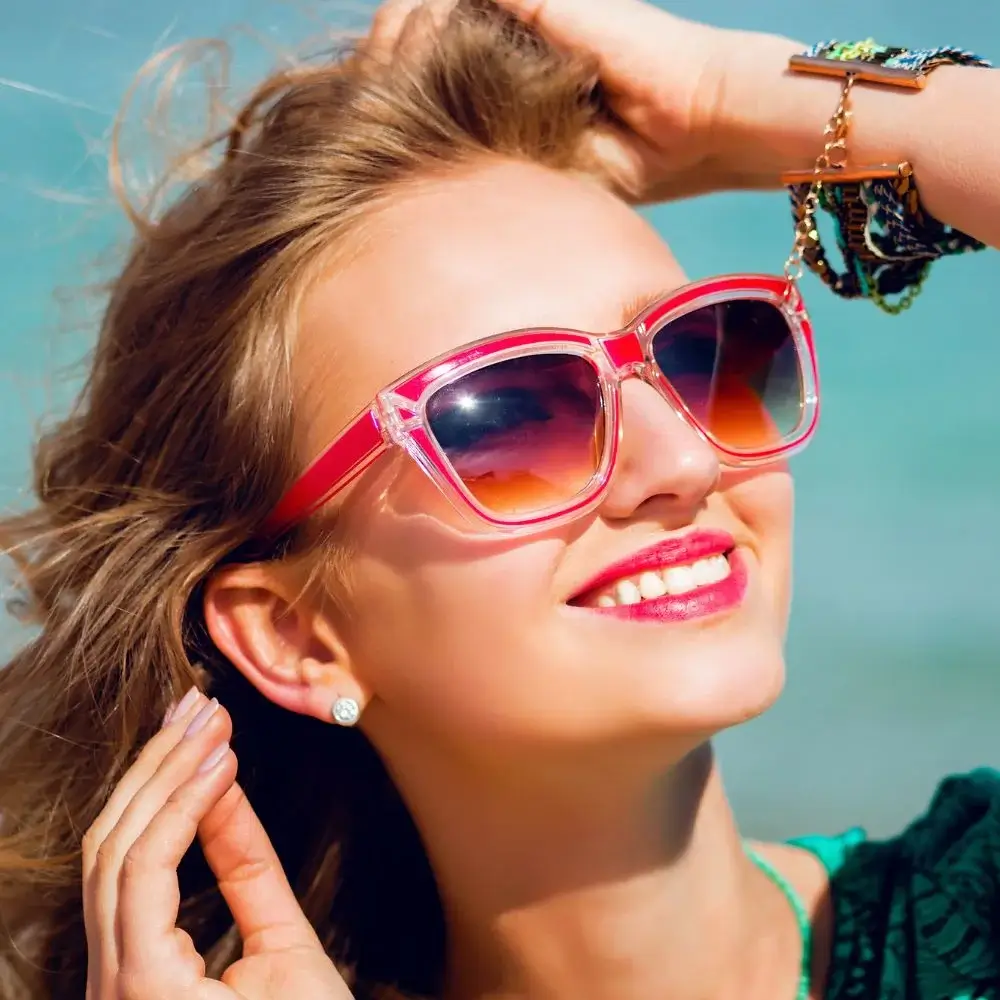
What are blue-light-blocking sunglasses, and how do they benefit women?
Blue-light-blocking sunglasses have specialized lenses to filter out harmful blue light emitted by digital screens and artificial lighting. These sunglasses offer several notable advantages for women:
- They reduce eye strain caused by prolonged screen exposure, improving visual comfort.
- They help regulate sleep patterns by minimizing the disruption of circadian rhythms that excessive blue light exposure can cause.
- Blue-light-blocking sunglasses are instrumental in preserving eye health, as they mitigate the risk of digital eye fatigue and potential long-term damage associated with excessive blue light exposure.
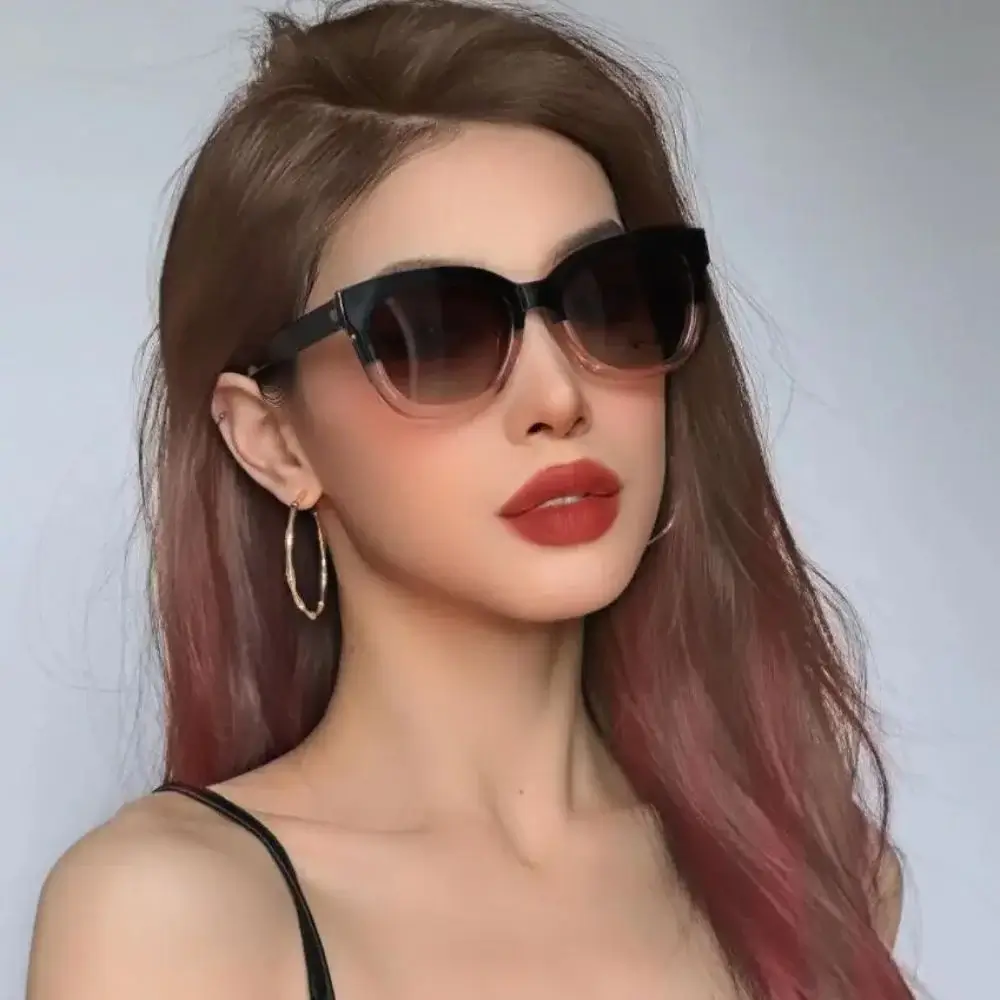
What's the difference between round and square-shaped women's sunglasses?
Round and square-shaped sunglasses for women cater to diverse style preferences, each with unique aesthetic appeal. Round sunglasses evoke a retro and bohemian look, offering a soft, timeless charm. They are particularly flattering for individuals with angular features, as they soften these contours. In contrast, square-shaped sunglasses present a contemporary, edgy style that complements facial features. These two styles largely depend on personal fashion preferences and face shape. Round frames often enhance angular faces, while square frames can be the perfect choice for those with rounder faces, ultimately contributing to an individual's overall style.

How can I protect my sunglasses from scratches and damage?
Ensuring the longevity of your sunglasses and protecting them from scratches and damage involves a few simple practices. Firstly, invest in a durable protective case that shields your unused shades. When cleaning, use a microfiber cloth designed explicitly for eyewear to avoid abrasions from dirt particles. Avoid placing your sunglasses with the lenses facing downward on hard surfaces to prevent potential scratches. Lastly, it's crucial not to leave your sunglasses in extreme temperatures, which can warp the frames or damage the lenses. By incorporating these protective measures into your eyewear care routine, you'll extend the lifespan of your sunglasses and maintain their pristine appearance.

How can women find sunglasses suitable for different face shapes?
Selecting sunglasses that complement different face shapes involves a nuanced understanding of your facial structure and choosing frames that harmonize with its contours. For individuals with oval faces, the good news is that most frame shapes tend to work well, but oversized frames can be particularly flattering. Those with round faces can benefit from angular or geometric frames, which help add definition to soft features. Square faces are typically complemented by round or oval frames, which soften their angular characteristics. Heart-shaped faces should consider frames with wider bottoms to balance their narrower upper face. Diamond-shaped faces, on the other hand, can explore cat-eye or oval frames for a stylish fit. Experimenting with various styles is vital to finding sunglasses that enhance your unique facial features.
Should I choose anti-reflective coatings for my sunglasses lenses?
Opting for anti-reflective coatings on your sunglasses lenses can be an informed decision that significantly enhances your eyewear experience. These coatings effectively reduce glare from reflective surfaces, which, in turn, improves visual clarity and eliminates distracting reflections. This enhanced visual clarity is particularly advantageous for outdoor activities, driving, or any situation where optimal visibility is paramount. Furthermore, anti-reflective coatings reduce eye strain, ensuring your eyes remain comfortable even in bright or high-glare environments. They provide a cosmetic advantage by making your eyes more visible behind the lenses, enhancing your overall aesthetic.



